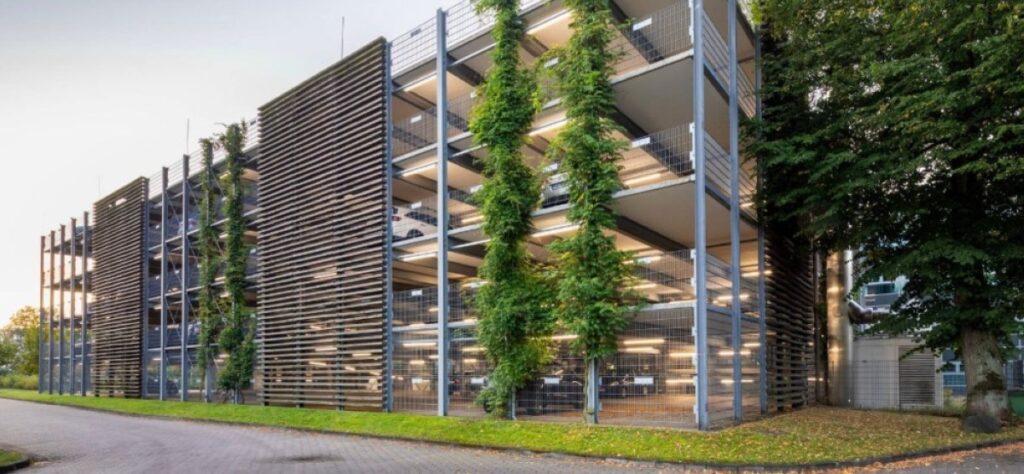KUWAIT: Municipal Councilmember Alia Al-Farsi has called for the development of a unified sustainable parking code in Kuwait, aimed at addressing growing environmental and urban planning challenges caused by the country’s dependence on private vehicles.
Al-Farsi highlighted that Kuwait’s heavy reliance on private cars as the main mode of transportation has led to unchecked expansion of parking infrastructure, including surface and multistorey lots. These developments, she explained, have occurred without a cohesive framework or consistent standards that promote environmental sustainability or efficient land use. This, in turn, has contributed to the “urban heat island” phenomenon, where city areas become significantly hotter than surrounding rural or coastal zones.


The phenomenon, Al-Farsi noted, stems from multiple factors: The widespread use of concrete and asphalt over natural or reflective surfaces, a lack of greenery, heat absorption by buildings and roads and emissions from air conditioning systems and vehicles.
She also pointed to inconsistencies among government agencies — such as the Ministry of Public Works, Kuwait Municipality and the Public Authority for Housing Welfare — in their design and implementation of parking facilities. These discrepancies have resulted in uneven performance, diminished quality of life, environmental noncompliance and poor urban aesthetics.
To address these issues, Al-Farsi has formally proposed the creation of a sustainable parking code that would act as a comprehensive and modern technical reference for all stakeholders. She stressed that such a code would not only promote environmentally responsible design but also advance Kuwait’s broader development goals in line with Kuwait’s 2030 vision and the United Nations Sustainable Development Goals. “Implementing a sustainable parking code is not a luxury in our current era, but an urban, economic and environmental necessity,” Al-Farsi stated.

